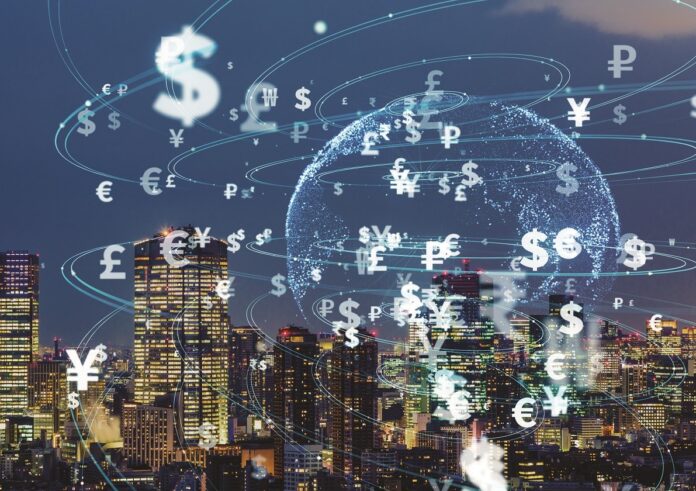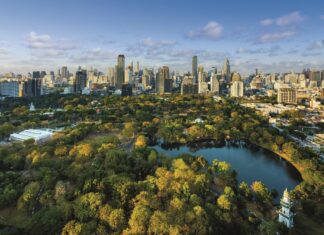The first joint report on the contributions of the 11 multilateral development banks (MDBs) to the Sustainable Development Goals (SDGs) has been released, emphasising the banks’ contributions to water and wastewater-related targets, among others. The report notes: “The pandemic has highlighted the fragility of the progress countries have made toward the SDGs and underlined the imperative of fostering better and more resilient development through a stronger focus on achieving the SDGs.”
Among the water-focused activities, the report highlights the EBRD’s $1.5bn ‘Green Cities’ programme, which helps cities to develop environmental action plans, access sustainable infrastructure financing, and build technical expertise. This programme finances water and wastewater treatment. Similarly, the EIB’s $270m framework with the city of Valencia includes new wastewater treatment plants and major irrigation system upgrades.
Another related area is the IDB’s Natural Capital Lab, which focuses on protection of land and water-based ecosystems, driving innovation in sustainable use and conservation of land-based and marine ecosystems in Latin America and the Caribbean.
The report also features the ADB’s Action Plan for Healthy Oceans and Sustainable Blue Economies, launched in 2019, which will expand financing and technical assistance for ocean health and marine economy projects to $5bn during 2019-24. Among the projects being supported are work to: protect and restore coastal and marine ecosystems and key rivers; reduce land-based sources of marine pollution – including wastewater; and improve the sustainability of coastal infrastructure.
The EIB, with cooperation from German development bank KfW and the Agence Française de Développement, has committed up to $2bn in investment through to 2023 for the Clean Oceans Initiative, which supports projects that reduce wastes and clean up wastewater.
The IDB has provided grants worth $55.9m to support programmes in Ecuador, Colombia, Peru and Costa Rica.








